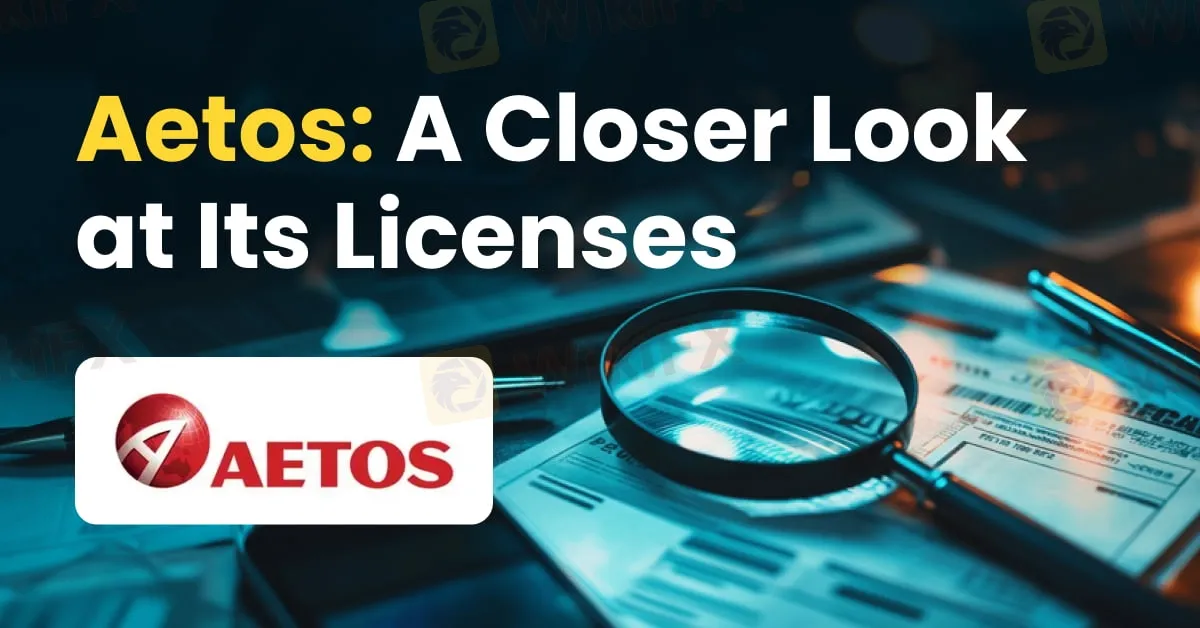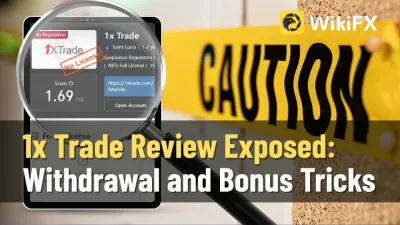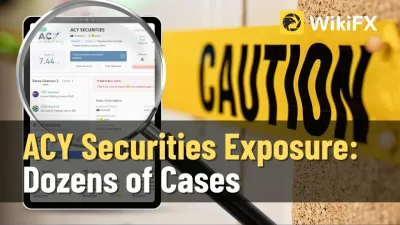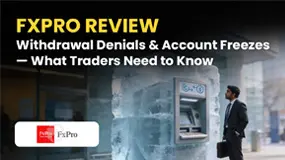Aetos: A Closer Look at Its Licenses
Abstract:With multiple regulatory entries and one license now revoked, Aetos stands as a broker requiring closer scrutiny from investors, particularly those prioritizing license scope and jurisdictional compliance.

Aetos is a broker that operates under a mix of active and revoked licenses across different jurisdictions. While it maintains regulatory approval in Australia, its former license in the United Kingdom has been revoked, and the broker has also been disclosed by the Securities Commission Malaysia. These factors are worth careful consideration by anyone evaluating Aetos as a potential trading platform.

Aetos holds an active license from the Australian Securities and Investments Commission (ASIC) under license number 000313016. The license falls under the Market Maker (MM) category. ASIC, Australia's primary financial regulatory body, is known for enforcing compliance with financial services laws and setting standards designed to protect consumers and investors.
Holding a license with ASIC indicates that Aetos is subject to certain operational and financial requirements, such as segregated client funds and regular compliance reporting. This offers some level of transparency and accountability within the Australian market.

Aetos previously held an Investment Advisory License from the UK Financial Conduct Authority (FCA), under license number 592778. However, this license is currently revoked. Moreover, this license was classified as a non-Forex advisory license, meaning that it did not cover retail forex services.
The revocation and the nature of the license raise important questions for traders and investors, especially those based in or targeting the UK market. The regulatory scope mismatch and subsequent license removal suggest that Aetos no longer falls under FCA supervision and may not be authorized to operate certain services in the UK.

In addition, Aetos has been publicly disclosed by the Securities Commission Malaysia, which indicates that the broker has been flagged or reported in that jurisdiction. While the implications of such disclosure can vary, it generally serves as a cautionary signal to investors in or dealing with the Malaysian market.
Understanding the scope and status of a broker‘s licenses is essential in today’s complex trading environment. Regulatory status may change over time, and what appears to be compliant today may not hold the same status tomorrow. For that reason, staying informed is a crucial part of risk management for any investor.
Conducting due diligence before investing is crucial, and independent verification tools such as WikiFX can be instrumental in assessing the legitimacy of brokers and investment firms. The WikiFX mobile application, available on Google Play and the App Store, provides comprehensive insights into brokers regulatory status, customer reviews, and safety ratings. By leveraging such resources, investors can make informed decisions and avoid the financial devastation caused by fraudulent schemes.

Read more

WikiEXPO Global Guest Interview – Fu Peng: Global Financial Markets Are Undergoing Once-in-a-Century
From July 23 to 24, renowned economist Mr. Fu Peng — a specially appointed financial think tank expert for national media outlets including Xinhua News Agency and China Central Television — will attend WikiEXPO in Hong Kong. He will join global industry leaders, regulatory representatives, and fintech experts to discuss new challenges in trading security amid profound macroeconomic transformation.

1x Trade Review Exposed: Withdrawal and Bonus Tricks
1x Trade scam: traders report that profits are being seized and withdrawals are being blocked. Review evidence and secure your funds now.

ACY Securities Exposure: Dozens of Cases
ACY Securities exposure: dozens of forex scam cases show withheld funds and account blocks; read reports, document losses, and stop deposits today.

FxPro Review: Withdrawal Denials & Account Freezes — What Traders Need to Know
FxPro, a United Kingdom-based forex broker, has been facing severe allegations concerning fund withdrawal issues, illegitimate account freezes, trade manipulation, and poor customer support. These allegations have been doing the rounds on several broker review platforms such as WikiFX. In this FXPro review article, we have examined these allegations for you to look at. Keep reading to learn how the broker allegedly worsened traders’ experiences.
WikiFX Broker
Latest News
RM115 Million Lost in a Month: Are Malaysians Underestimating Investment Scams?
Invest RM300, Make RM10,000? Police Say It’s a Scam
Middle East Tensions Rattle Risk Sentiment: Airspace Closures Signal Supply Fears
War in the Middle East: Oil Spikes and Stocks Tumble as Conflict Enters "Uncharted Territory"
CySEC Withdraws CIF License of OBR Investments Ltd (OBRInvest)
Investment Scams That Could Be Targeting Malaysians Right Now
Geopolitical Conflict Drives Gold Rally as Insurers Cut Gulf Coverage
FX Markets: King Dollar Reigns Amid Chaos; BoJ Eyes "Neutral" Rates
Oil Markets Rally as Escalating Middle East Conflict Threatens Supply Lines
XBTFX Review: Beware of Offshore Regulated Forex Traps
Rate Calc

